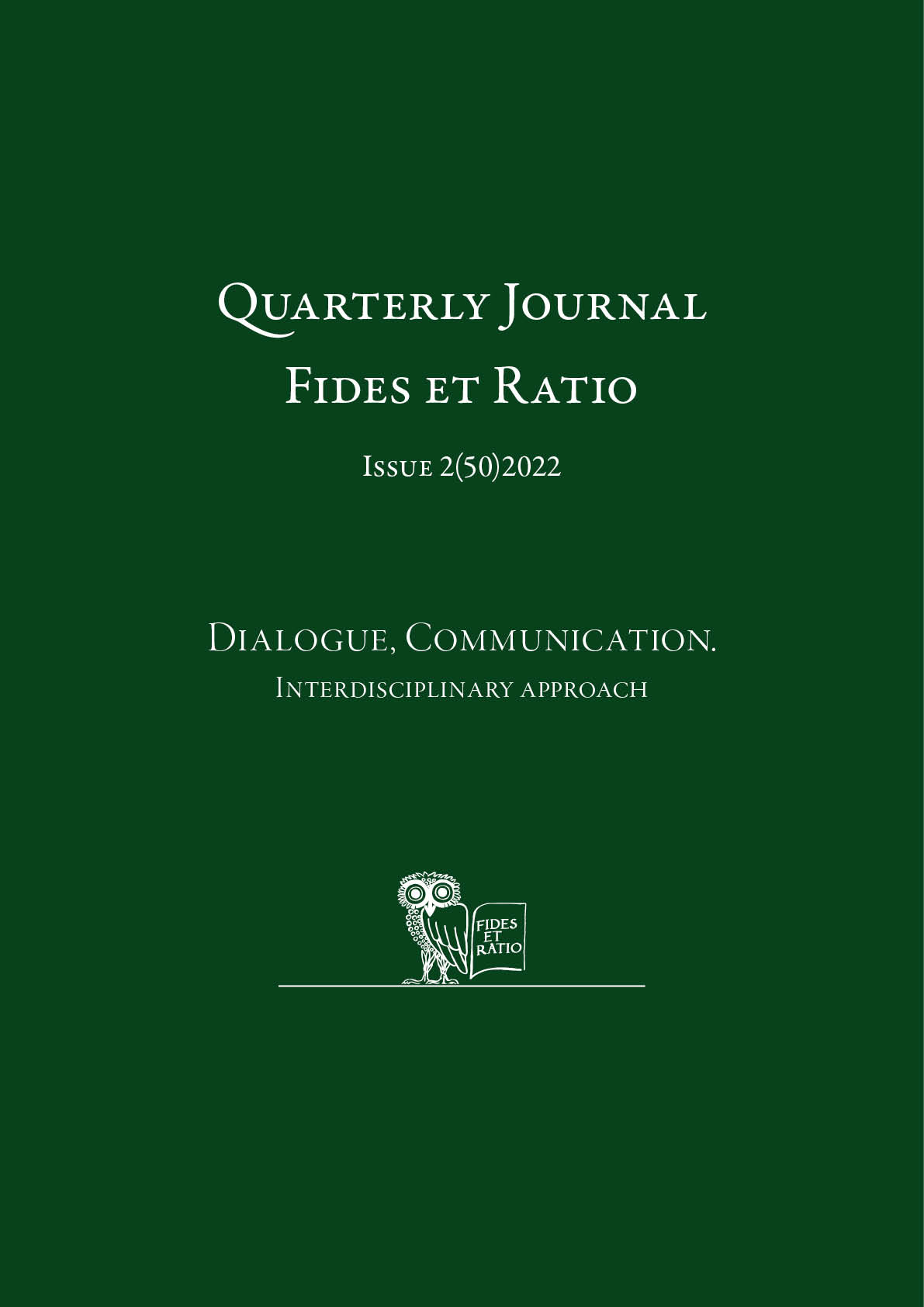Abstract
The research aimed to identify and then to characterise the self-assessment of the level of tutor competences of academic teachers participating in the project "Masters of Didactics" - implementation of the tutoring model. The basis for a description of tutor competences was the "European competence matrix for tutors" developed within the Certification for Mentors and Tutors (Certi.MenTu) project aimed at the certification of competences of mentors and tutors according to the European Standard EN ISO 17024. The selected tutoring competences described in this project were applied to the academic environment. Seven areas of these competences were created. These included: Communication and relationships; Working with and supporting tutees; Effective learning; Monitoring tutees' progress; Evaluation of tutoring. The research questions concerned the overall picture of tutoring competences, the developmental nature of these areas. We were also interested in socio-demographic factors that may differentiate the level of competence of tutors. The method used was a diagnostic survey, and the technique was an online survey with open and closed questions. The research was conducted among 78 lecturers from the Polish academic environment. The results indicate that academic tutors perceive themselves as adequately prepared to carry out the tutoring process, while at the same time being aware of the need for improvement, especially competences in the area of knowledge, organization, and evaluation of the tutoring programme at the university. Tutoring competences are independent of gender and academic degree of academic teachers but differentiated by academic discipline.
References
Brdulak, J., Gotlib, J., Koziołek, R. Uriasz, J. (2019). Model tutoringu. Ministerstwo Nauki i Szkolnictwa Wyższego.
Brdulak, J., Lewicki, J., Beseda, J., Kühn, I. K., Meyne, L., Kinta, G. i Labunskis, E. (2020). Rozwój kompetencji społecznych absolwentów. Studia przypadków z czterech europejskich uniwersytetów w kontekście polityki publicznej szkolnictwa wyższego w Polsce, Niemczech, Łotwie i Czechach, Studia z Polityki Publicznej, 7, 1(25), 99-120. https://doi.org/10.33119/KSzPP/2020.1.5
Brzezińska, A. I., Rycielska, L. (2009). Tutoring jako czynnik rozwoju ucznia i nauczyciela. W: P. Czekierda, M. Budzyński, J. Traczyński, Z. Zalewski, A. Zembrzuska (red.), Tutoring w szkole. Między teorią a praktyką zmiany edukacyjnej, 19-29, Wrocław: Towarzystwo Edukacji Otwartej.
Budzyński, M. (2009). Tutoring szkolny – jak przez dialog rozwijać ucznia i motywować go do nauki. W: P. Czekierda, M. Budzyński, J. Traczyński, Z. Zalewski, A. Zembrzuska (red.), Tutoring w szkole. Między teorią a praktyką zmiany edukacyjnej, 30-33, Wrocław: Towarzystwo Edukacji Otwartej.
Castro-Schez, J.J., Glez-Morcillo, C., Albusac, J., Vallejo, D. (2021). An intelligent tutoring system for supporting active learning: A case study on predictive parsing learning. Information Sciences, 544, 446–468. https://doi.org/10.1016/j.ins.2020.08.079
Czekierda, P. (2018). Wstęp. W: P. Czekierda, B. Fingas, M. Szala (red.). Tutoring. Teoria, praktyka, studia przypadków, Warszawa: Wolters Kluwer.
De Smet, M., Van Keer, H., & Valcke, M. (2008). Blending asynchronous discussion groups and peer tutoring in higher education: An exploratory study of online peer tutoring behaviour. Computers & Education, 50(1), 207–223. https://doi.org/10.1016/j.compedu.2006.05.001
European Competence Matrix “Tutor” (2012). https://ec.europa.eu/programmes/erasmus-plus/project-result-content/6a858dfe-0cc5-49d3-8d1f-236e1be317f1/09_European%20Matrix%20Tutors_EN.pdf. (access: 03.04.2021).
Escobar Fandiño, F.G., Silva Velandia, A.J. (2020). How an online tutor motivates E-learning English. Heliyon, 6(8), e04630. https://doi.org/10.1016/j.heliyon.2020.e04630
Karpińska-Musiał B. (2016), Edukacja spersonalizowana w uniwersytecie. Ideologia – instytucja – dydaktyka – tutor. Kraków: Wydawnictwo LIBRON – Filip Lohner.
Pilch, T., Bauman, T. (2001). Zasady badań pedagogicznych. Strategie ilościowe i jakościowe. Warszawa: Wydawnictwo Akademickie „Żak”.
Religa, J. (2014). Kompetencje europejskich mentorów i tutorów. Edukacja Ustawiczna Dorosłych, 2, 36–45.
Rubacha, K. (2008). Metodologia badań nad edukacją. Warszawa: Wydawnictwa Akademickie i Profesjonalne.
Sarnat-Ciastko, A. (2015). Tutoring w polskiej szkole. Warszawa: Wydawnictwo Difin.
Sipowicz, K., Pietras, T. (2020). Peer-teaching method as creative communications in the peer group. Kwartalnik Naukowy Fides et Ratio, 42(2), 176-185. https://doi.org/10.34766/fetr.v42i2.278
Štastný, V., Chvál, M., Walterová, E. (2021). An ordinary moonlighting activity? Determinants of the provision of private tutoring by Czech schoolteachers. International Journal of Educational Development, 81, 102351. https://doi.org/10.1016/j.ijedudev.2021.102351
Śleziński, K. (2014).„Tutoring” metodą kształcenia filozoficznego w szkole średniej. Analiza i Egzystencja, 25, 189-206.
Żur, A. (2016). Edukacja spersonalizowana a rozwijanie potrzebnych współcześnie kompetencji społecznych wśród studentów uczelni wyższych. Horyzonty Wychowania, 15(34), 137-155. https://doi.org/10.17399/HW.2016.153408

